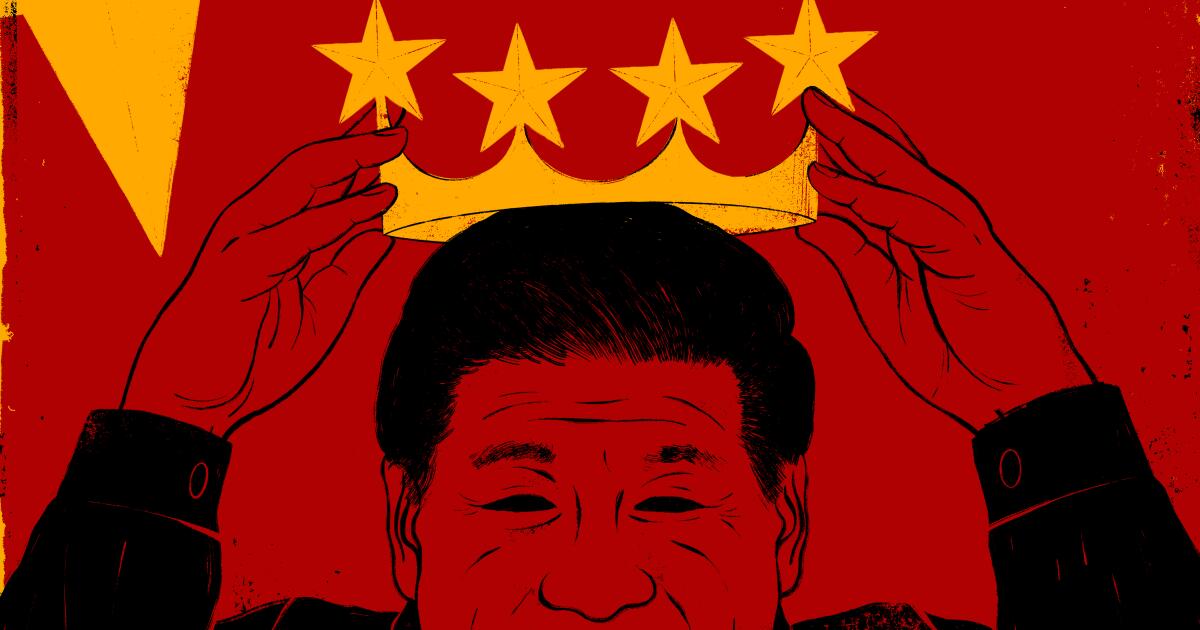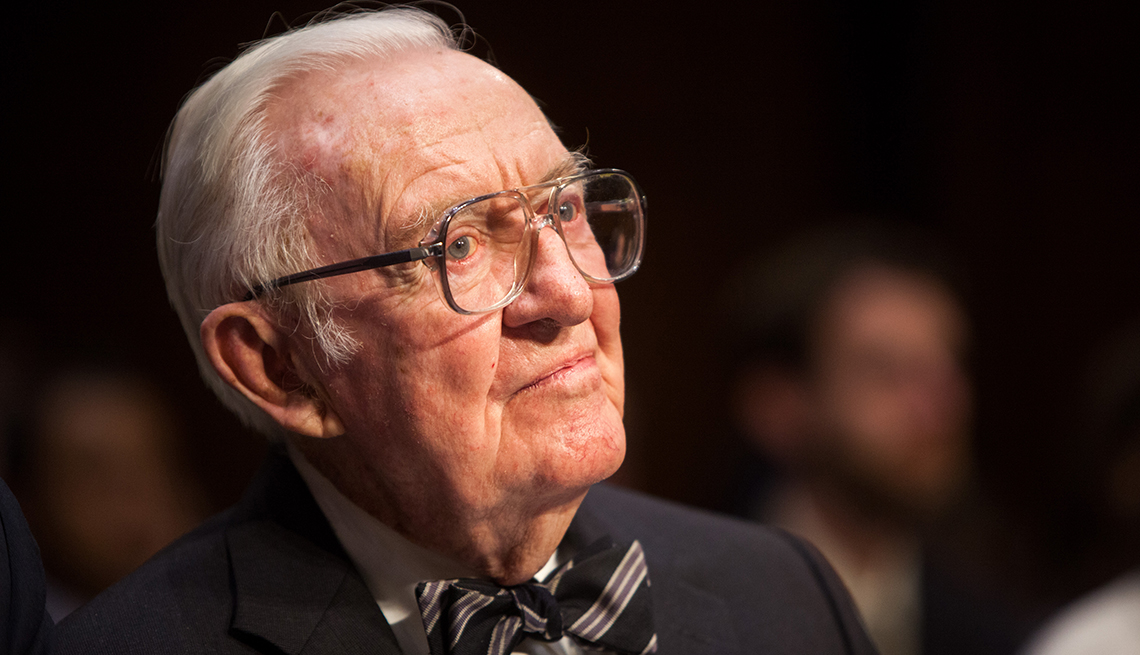
- Select a language for the TTS:
- UK English Female
- UK English Male
- US English Female
- US English Male
- Australian Female
- Australian Male
- Language selected: (auto detect) - EN
Play all audios:
Donald Trump’s visit to the UK and then Europe on the 75th anniversary of D-day is bound to bring sensational headlines. It is always impossible to predict what the mercurial President will
say or do, but there are enough issues apart from the commemoration itself on which he will be unlikely to resist making his own unique contribution. Huawei, Iran, Trade, Brexit, the
Conservative leadership race: The President has strong views on all of these issues and he has never let diplomacy get the better of him. In the dying days of her Premiership, Theresa May
will have to be sanguine when considering how to engage with Trump. Whatever transatlantic policy disagreements both sides have, they are engaged in another common cause. Whether they
realise or intend it or not, both Washington and London are dismantling the special relationship, because they are both undermining its common vision of a liberal international economic
order. It wasn’t until 1946 and his famous speech at Fulton, Missouri that Winston Churchill coined the term ‘special relationship’. When he used it, it was as much aspiration as reality.
US-UK relations hadn’t always been quite so special. It had been notoriously difficult to convince President Roosevelt to commit America to involvement in another European war, hence D-day
rather than VE Day is often considered the birth of Britain’s special relationship with the US (at least in the UK’s popular imagination). The wartime relationship had been to achieve
temporary strategic goals, the real test was whether the participants could retain the unity of purpose to preserve the alliance. Disagreements about the shape of the post-War world would
mark the relationship between the allies as they negotiated with the Soviet Union towards the end of the war. Whatever both sides thought was driving their relationship at different points
of time, they were ultimately united by shared strategic and ideological goals. Both the US and UK were concerned with making sure that the horror of total war never returned to the European
continent. The interrelated ideological project was that this aim could be achieved by defending democracy from its opponents, principally Marxism during the Cold War and the belief that
political stability was underpinned by capitalism. The special relationship was about more than the shared political character of two ‘English speaking nations’ (as Churchill characterised
it), it was based on a common desire to replace the alliance system that had twice bought Europe to its knees. These beliefs were to be enshrined institutionally in common structures to
defend against Soviet totalitarianism. Nato was the most obvious manifestation of this, but so too was the supranationalism that led to the EU, designed to prevent the reappearance of
nationalism and to maintain cohesion. As Harold Macmillan made clear with his analogy, the British were to the Americans, as the Greeks were to the Romans: an intellectual and perhaps moral
guiding force to the new superpower. Certainly the UK’s role was in part as trusted partner to guide the European powers within Nato. The situation today is rather different. Britain is
exiting the EU at precisely the moment that the European far-right are attempting their version of ‘reform’ from within the Union. As Emmanuel Macron calls for a European army, Britain has
absented itself from its traditional position of being able to block the emergence of a rival to Nato, one in which neither it nor the US will have a political veto. Britain is diminishing
her indispensability to the US, whilst undermining her own security. This matters not because the EU is intrinsically worth preserving, but because continental stability in the defence of
democracy is meant to still be an ideological goal of the US and should be a strategic goal of the United Kingdom. At the very least it should be a matter of self-interest for the UK. At a
time when our armed forces are chronically under-funded and under-staffed, we are more reliant than ever on Nato for our defence. Donald Trump’s one consistent ideological goal, be it in his
interjections on Brexit or continued assault on free trade or disparagement of Nato, is the dismantling of the liberal international institutions that animated the special relationship. It
is hard to imagine that Trump would commit the US to a similar sacrifice as that made by thousands of young American men on D-day, it simply doesn’t fit with his world view. Trump already
made Brexit and the associated Tory leadership race the focus of his comments just before he came to the UK. There is considerable irony in the fact that both he and Theresa May are
diverting their attention from the re-emergence of political extremism in Europe, but also within the UK. While focusing on the dismantling of international organisations and the supposed
threat of federalism, they disregarded challenge is the repackaging of Marxism as a benign political movement within the UK. History may well prove that the final dying gesture of the
special relationship was to abandon a once shared ideological commitment that saw democracy and free trade as sacrosanct.








